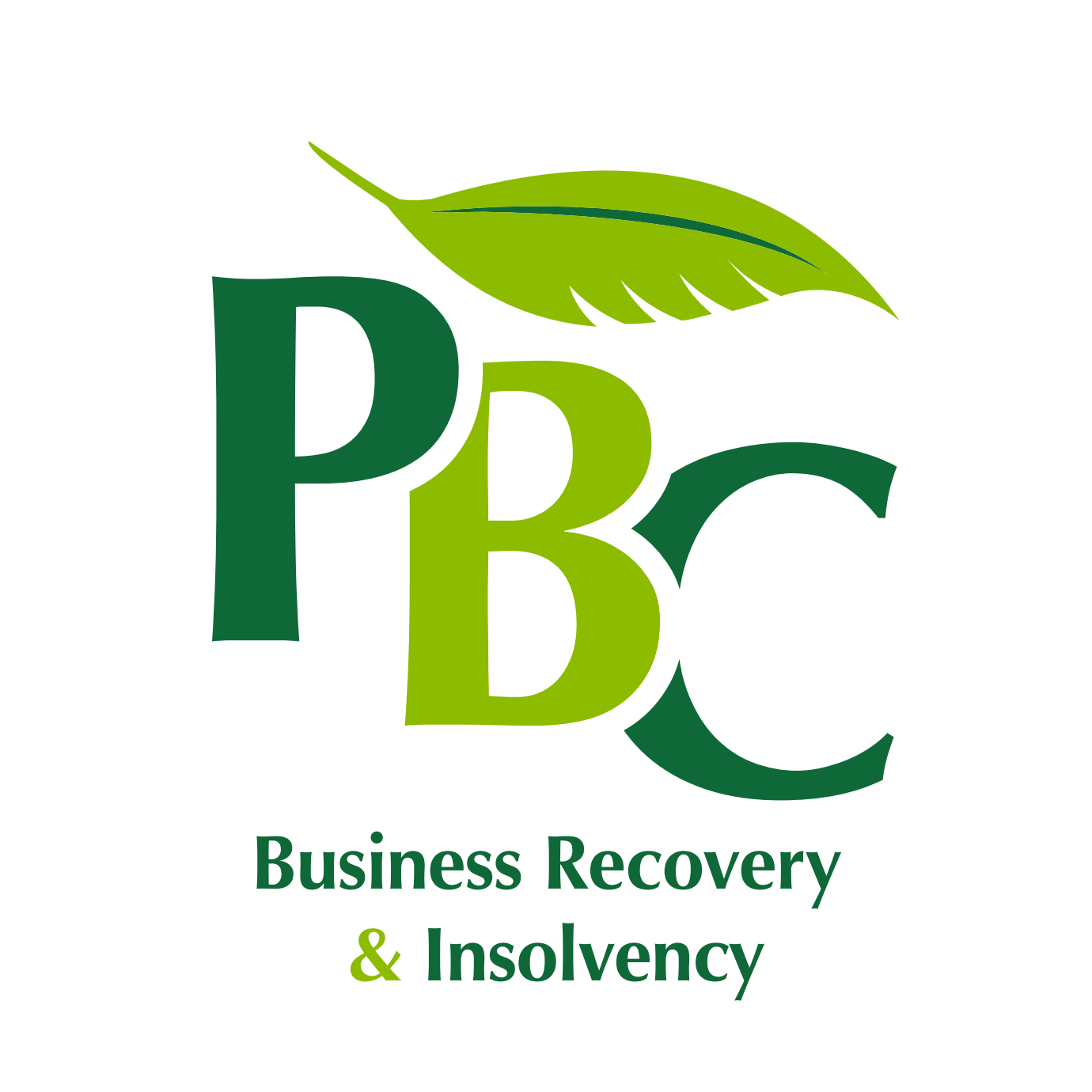
Many readers may take some pleasure at reading the headline, which relates to an Australian Insolvency Practitioner (“IP”) who was found guilty of extracting over AUS$2.5 million from insolvency estates.
Whilst that IP will have plenty of time to reflect on his wrongdoing, the estates should not lose out as a regulated IP must take out a specific insurance bond, to the value of the anticipated assets in that estate, on every appointment. This serves to protect the creditors from any financial wrongdoing by the IP or their staff.
Unfortunately, there are unregulated advisors who prey on the vulnerable making big assurances such “Use us and we help all of your financial worries go away”. They will offer you something like:
- You can resign as a director.
- We shall acquire the shares.
- Everything will be sorted, meaning you can get on with your life.
PBC have previously advised directors of the dangers of trying to “Cut corners” and use an unregulated advisor, yet those warnings do occasionally go unheeded at considerable personal risk to the directors.
On 29 July 2024 Save Consultants Limited was subject to a public interest winding up order. This company worked alongside Davis Acquisitions Limited who were appointed as director of 78 companies. The Insolvency Service stated Davis Acquisitions was used as the vehicle to, “Avoid formal insolvency procedures, asset recovery and director conduct scrutiny.”
Unlike the situation with the wayward Australian IP, these companies are not subject to the specific insurance requirements and, as such, the creditors will suffer greater loss. However, the likely issue surrounding those 78 companies will be a formal winding up of each company, followed by commencement of legal proceedings for a breach of duties, which could lead to personal liability and even director disqualification for those directors who believed using an unregulated advisor was the “Easy” way to out.
Financial difficulties can often be an unpleasant and stressful experience for anyone, so it can be attractive to hear someone promising to take all of your problems away. However, as the saying goes, “If it sounds too good to be true then it often is,” could not be closer to the truth when discussing the highly specialised area of insolvency, where, to avoid any repercussions, demands appropriate and regulated specialist advice.
If you need any advice or assistance on any corporate restructuring or insolvency-related issue, then please contact PBC Business Recovery & Insolvency on 01604 212150 (Northampton), 01908 033150 (Milton Keynes), 01234 989150 (Bedford) or email to enquiries@pbcbusinessrecovery.co.uk. Alternatively, visit www.pbcbusinessrecovery.co.uk for further information.









